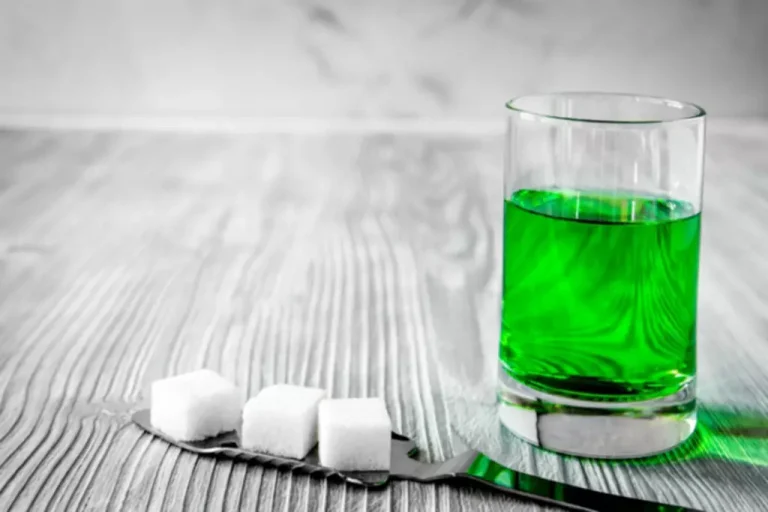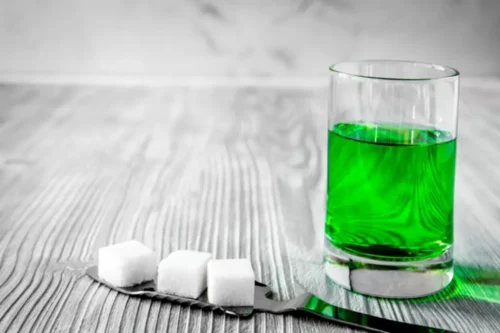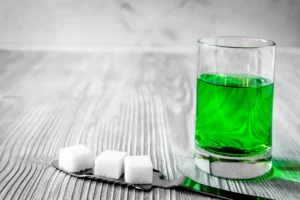
First, this method allowed us to assess sleep continuously for the entire 9-day treatment periods. Second, one goal of this study was to measure behavior and craving while participants went about their daily lives, and use of the wrist actigraphy device allowed this assessment to take place in the participants’ home environments. Third, this study already required participants to make several visits to the lab for measurements of alcohol metabolism and intoxication kudzu extract for alcoholism after alcohol administration. Therefore, the added requirement of spending several nights sleeping at the laboratory would have affected the normal behavior of participants, and added an unreasonable burden.
- The effects of FPEt were identical to those of the known hepatoprotective agent, silymarin.
- He has a nursing and business/technology degrees from The Johns Hopkins University.
- The BDI measures of the placebo-treated participants were 2.0 ± 2.58 and 1.67 ± 1.37 at baseline and during treatment, respectively.
- Anecdotal sources say it may also be harmful to take with medications for diabetes or blood clotting.
Side effects of kudzu root
- In terms of what I felt when I took this plant, my experience supports the observations of others who note that it might act like a much gentler form of disulfiram or Antabuse.
- My experience was limited to an experiment that I did years ago to see if taking the herb would reduce my drinking levels.
- Taking kudzu along with medications that also slow clotting might increase the chances of bruising and bleeding.
- Almost 3 in 4 participants had less intense headaches, more than half had fewer headaches, and 1 in 3 had shorter headaches when taking kudzu root.
Studies have shown that https://ecosoberhouse.com/article/sober-living-what-is-it-how-does-it-work-how-to-choose/ kudzu may work by increasing blood flow to the brain, reducing the desire to drink, and reducing the severity of hangovers. The kudzu plant is a vine that resembles poison ivy and is native to several Asian countries. You can find kudzu root for purchase in many supplement stores or online. Stores typically sell it as a powdered drink mix, an oral capsule or tablet, liquid drops, or as a food-grade starch to use in cooking. Some research specifically on the kudzu species Pueraria mirifica suggests that doses of 50–100 mg per day appear to have a low risk of adverse side effects (18).
- Moreover, kudzu might assist with the prevention of relapses by supporting the stabilization of neurotransmitter levels in the brain.
- Today, kudzu grows in other parts of the world as well, including in the southern United States.
- A standardized formulation of kudzu extract produced minimal side effects, was well-tolerated, and resulted in a modest reduction in alcohol consumption in young nontreatment-seeking heavy drinkers.
Potential benefits of kudzu root

Some medications used for diabetes include glimepiride (Amaryl), glyburide (DiaBeta, Glynase PresTab, Micronase), insulin, pioglitazone (Actos), rosiglitazone (Avandia), chlorpropamide (Diabinese), glipizide (Glucotrol), tolbutamide (Orinase), and others. Decreasing the breakdown of caffeine can cause jitteriness, headache, fast heartbeat, and other side effects. Kudzu is POSSIBLY SAFE for most people when taken by mouth appropriately for up to 4 months or when injected intravenously (by IV) for up to 20 days.

Effect of provision of non-alcoholic beverages on alcohol consumption: a randomized controlled study

Along with easing uncomfortable symptoms, estrogen can help prevent bone loss after menopause. Kudzu root comes from a trailing vine that often grows over other plants. When it’s raw, kudzu root looks like other root tubers (think yams or ginger). As with any herbal supplement, it is essential to consult a healthcare professional before incorporating kudzu into one’s regimen, especially if taking medications or dealing with specific health conditions.
- McLean Hospital has licensed the production of kudzu extract (NPI-031) to Natural Pharmacia International (NPI), Inc. and they are marketing it as Alkontrol-Herbal®.
- However, limited clinical studies exist to recommend use for any indication.
- Rooke et al., (2000) has suggested that puerarin may block biogenic amine metabolic pathways, resulting in an alteration in central reward pathways.
- The Chinese cook it in many dishes for both medicinal purposes and flavor, but in the United States, it has a bit of a pesky reputation as an invader that takes over telephone poles, yards and trees.
- One study in mice found that taking 10 mg per day of kudzu root extract for 4 weeks caused liver toxicity (15).
Another study found that people who took puerarin, an isoflavone extract from the kudzu plant, prior to drinking took longer to consume alcoholic beverages (3). This article examines the benefits, uses, and potential side effects of kudzu root. A growing number of double-blind, peer-reviewed studies have confirmed the effectiveness of using kudzu for alcoholism. Early research focused on rats with good results, which were later replicated with human subjects. In 2012, I ordered some high-quality organic kudzu capsules after reading about the potential for it to curb alcohol consumption.

6 Alcohol Consumption—Follow-up Phase
A possible mechanism was that Salvia miltiorrhiza curbed alcohol absorption from the gastrointestinal tract 110. The alcohol levels in blood were markedly reduced while the severity of alcohol withdrawal syndrome in alcohol-dependent rats was not attenuated with the intervention of Salvia miltiorrhiza extracts 111. IDN 5082, a standardized extract of Salvia miltiorrhiza, could delay the acquisition of alcohol drinking behavior in rats. The reduction in alcohol intake was compensated by an increase in water intake 112.

